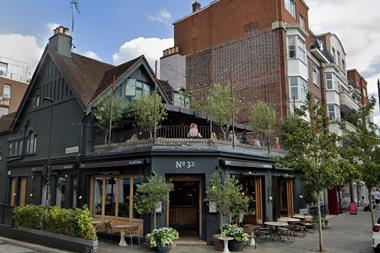A court case that could see billions wiped from the value of commercial property began in the High Court today.
The three-day hearing will decide whether New Zealand based company PRG can release itself from rental guarantees it provided when it bought electrical retailer PowerHouse in 2003.
PRg decided to close 35 underperforming PowerHouse stores in February 2006. It put forward a company voluntary agreement to creditors of the closed stores, including landlords, proposing compensation payments. A term of this agreement was that PRG would be released from its future rental guarantees.
It is thought if the landlords lose the case, then parent company guarantees in leases will be seen to be worthless, severely reducing the value of commercial property.
The action is being brought by two separate groups of landlords. The first is made up of Prudential, Land Securities, Derwent London, Scottish Widows, Hammerson and Legal & General. The second is made up of British Land, Dresdner Kleinwort and Lloyds TSB.
In his opening statement this morning, Gabriel Moss, acting for the Prudential group of landlords, stated how his clients feel the agreement had been unfairly prejudicial because creditors who would be paid in full got a say in whether it was agreed. ‘Whatever way you look at it, it’s unfairly prejudicial,’ he told the court. ‘ Guarantees were taken away without compensation.’
He also questioned whether the company voluntary agreement should still be active, even though PowerHouse has now gone into administration, and all its stores are now closed. ‘You have to ask why the CVA still stands,’ he said. The obvious answer is to protect PRG.’
A judgement is expected late on Friday or early next week.






























No comments yet